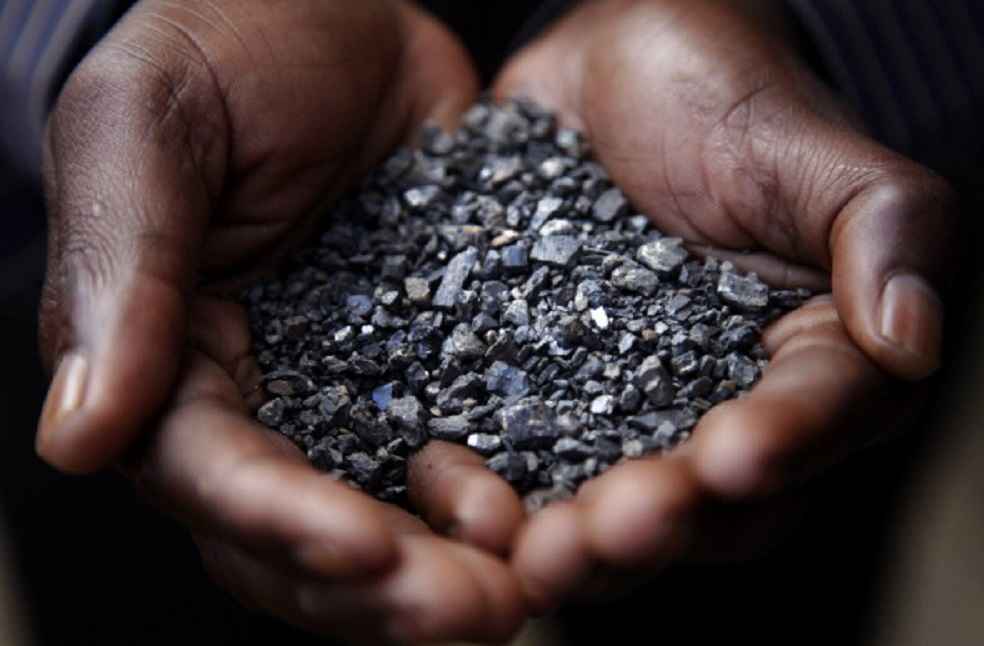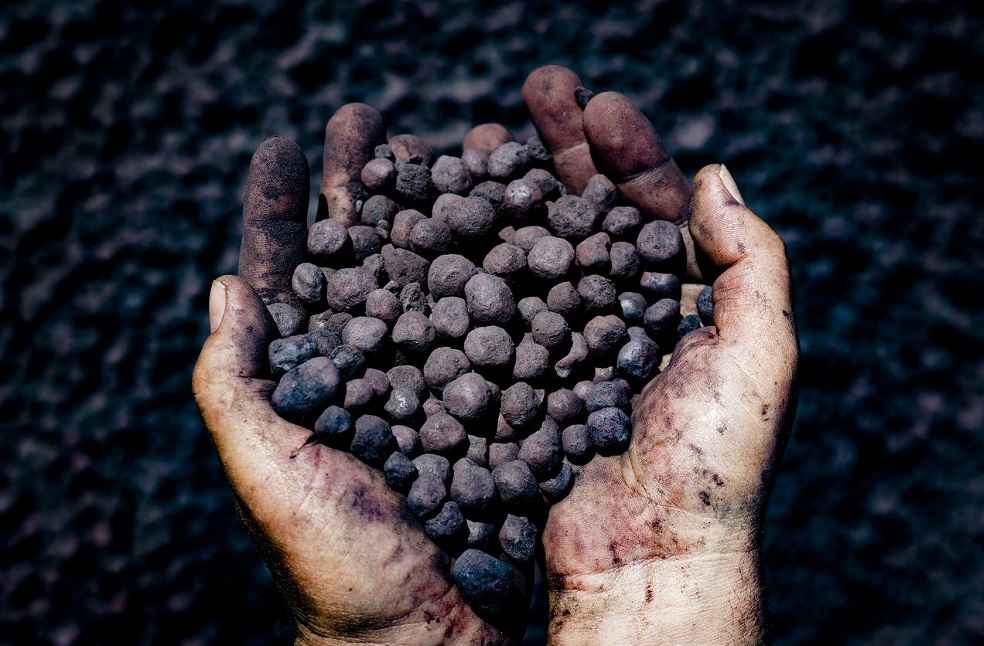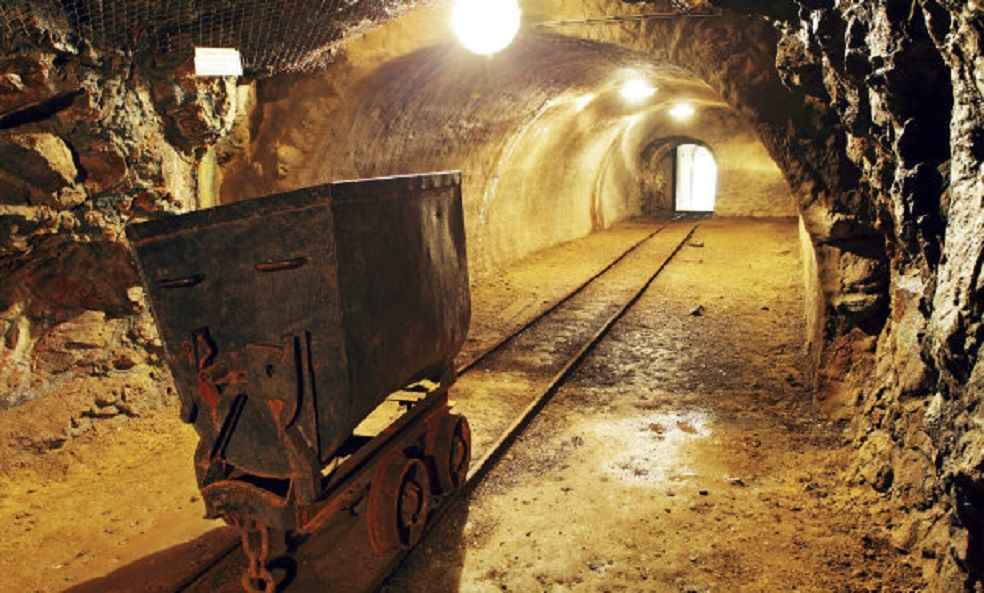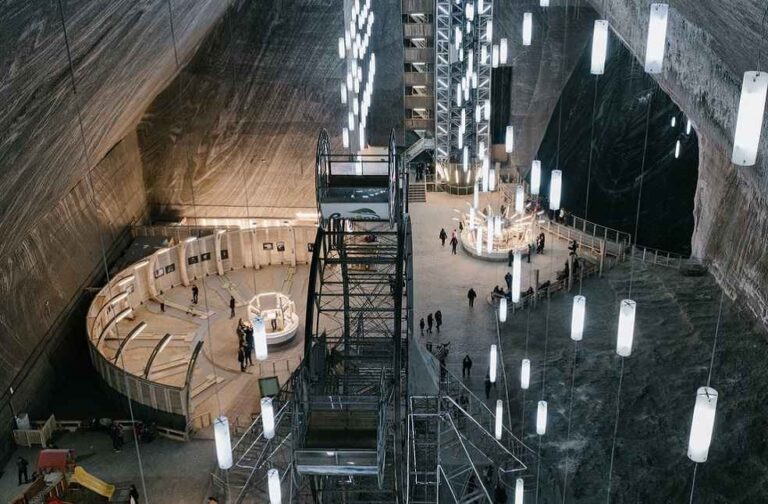Western nations are set to boost export credit agency (ECA) backing and development finance for critical minerals, responding to concerns over slow investment and heavy reliance on China. The Minerals Security Partnership, a coalition of 14 countries including the G7, Australia, India, South Korea, and the European Union, announced plans to create a finance network involving domestic ECAs and development finance institutions.
This initiative will foster collaboration and co-financing to address supply shortages in critical metals needed for the energy transition. US Deputy Secretary of State Kurt Campbell noted the key role of financing, calling it the ‘missing and necessary ingredient’ at the network’s launch in New York.
Demand for minerals like lithium, copper, and rare earth elements is expected to far exceed supply within the next decade, driven by renewable energy and battery production. A McKinsey report forecasts supply gaps by 2035: 30-40% for lithium and rare earth elements, and 10-20% for copper.

Low investment, falling metal prices, and ESG concerns have stalled new projects, and there are rising worries about Western dependence on China, a major player in mineral extraction and processing.
US Under-Secretary Jose Fernandez emphasized the need for secure, diversified supply chains. The initiative aims to uphold high ESG standards, promote clean energy, and foster economic growth through partnerships with mineral-producing nations.
Role of ECAs in Critical Mineral Supply
The finance network will use ECA and development finance support to attract private sector capital for mineral production, processing, and recycling. ECAs will provide guarantees and concessional financing to reduce investment risks, particularly in high-risk markets. Fernandez explained the network’s goal is to “de-risk projects and crowd in private finance.”
Analysts predict the critical mineral industry will grow into a trillion-dollar sector. ECAs, long involved in mining, are now focused on securing these supply chains due to China’s dominance.
An OECD report highlighted Western reliance on Chinese mineral imports. China’s export restrictions have increased fivefold in the past decade, pushing efforts to diversify supply chains. Australia has been exploring collaboration with South Korea and the US on a lithium extraction project, and governments from Australia, India, Japan, and the US aim to create mineral supply chains independent of China.

This new finance network, the largest collaboration to date, includes ECAs from Australia, France, Germany, Japan, Korea, the UK, and the US. Development finance institutions such as British International Investment and the Africa Finance Corporation are also participating.
Led by the US government and the Center for Critical Minerals Strategy, the project involves major banks and companies including Citi, Goldman Sachs, Anglo American, and Rio Tinto.
Price Pressures and Local Protests
US officials raised concerns about the financial strain on critical mineral projects, with Australia reporting that price pressures have forced several mines to close. Campbell highlighted this as a major challenge, given Australia’s importance to the global supply chain.

Local protests against mining projects have also slowed progress. Fernandez acknowledged community resistance, noting that many viable projects face opposition due to environmental concerns. The network aims to engage communities and uphold ESG principles to ensure projects are both sustainable and socially responsible.
Global Witness, an advocacy group, has warned of corruption and environmental risks in mineral mining projects, citing examples from lithium mines in DR Congo, Namibia, and Zimbabwe. The group stressed the need for careful planning to avoid displacing communities or harming their resources.
MOST READ | EU Fights China’s Dairy Imports Probe at WTO Amid Trade Clash



